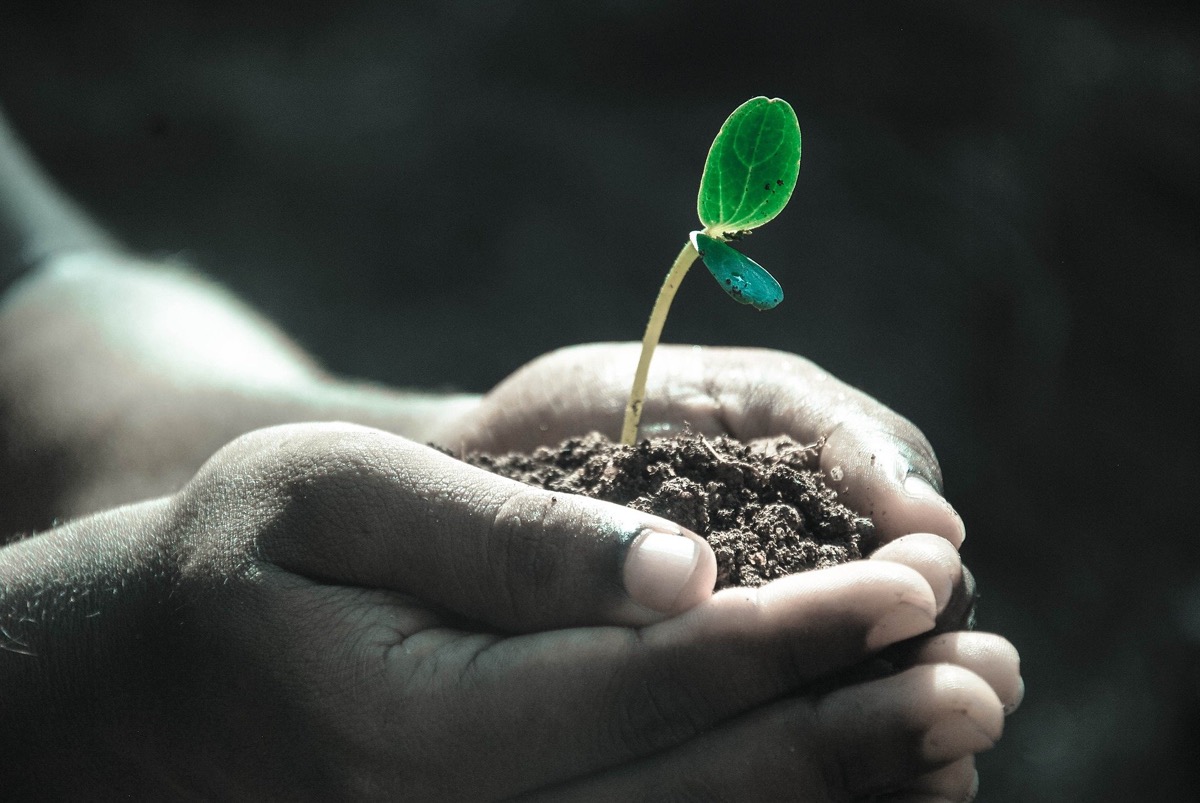
What is life? What a great question… It's not just about breathing and seeing how it happens day after day. Life is much more and to understand it it is important to understand the stages of life that each and every one of us we have already passed and / or will pass sooner or later.
Life is not just "something" that you experience, it has many nuances and you can go through it in countless ways ... as many and as different as there are people in the world. The most important thing that marks our life from the earliest childhood is the type of family in which we are born, the money we have, the place where we live, etc.
The passing of the years, the experiences lived and how we accept and face life depending on the perspective we have, will make you experience things in one way or another ... Having a different thinking of life depending on all these external (and internal) variables.
The vital stages
Throughout the history of psychology there are numerous authors who have classified the stages of life, and their phases, the most important being childhood always. There are many ideas that speak of the stages of life and the development of people, without leaving aside that each individual is unique and has their own idiosyncrasies.
That's what life is about, living it, being unique and genuine. Because there is no one like us no matter how much we search. There are no half oranges that make us happy, happiness and conflict resides solely within us. We choose whether to be happy and live in the present or living resentful always having our heads in the past or with the uncertainty and fear that the future causes us.
During life we suffer psychological changes and we cannot avoid it, it is the gift of experience and we should accept it as a part of us; what makes us who we are today and want us to be in the future.

The stages of life
But taking all of the above into account, we cannot deny that life is full of stages, and all of them are essential, because as we have already told you, they are the ones that define how we are and how we behave with ourselves and with others. These stages allow us to perceive reality in one way and not another.
The limits or jumps from one stage to another are not defined and could even, be controversial ... But what we cannot deny is that they are stages that we all go through sooner or later. These stages mark our lives.
If you want to know what they are, keep reading.
Prenatal stage
Life begins before you are born because it is the stage that counts when you are still in your mother's womb. It is learned through the developing senses, With sounds, touch and your brain begins to develop, the path of life begins!

Early childhood
Early childhood begins from birth to about 4 years ... while childhood amnesia lasts. It is a stage where the language and basic learning are developed to be able to develop in the closest environment. You learn how the world you are in works.
When language is acquired, more abstract and complex concepts begin to be created in order to understand the environment that surrounds us in a more profound way.
Early childhood
This stage goes from 3 to 6 years approximately. It is where self-concept is formed and the ability to understand oneself and others is gained. The theory of mind begins to develop, which is working non-stop learning everything that is close to it in the environment.
Middle childhood
This stage goes from 6 to 11 years old and there is progress in logical and mathematical understanding. Relationships with others begin to be very important and feeling within a group is valued. Social consciousness begins to emerge from within being.
Adolescence
Adolescence ranges from the ages of 11 to 17 years. It is a primordial stage in life because it is when the identity of oneself is established little by little. Critical thinking begins to develop and hormonal changes are noticeable both mentally and physically. Emotional lability also takes center stage. Social circles have a great influence.
Youth
Youth lasts from 18 to 35 years approximately. Friendships are consolidated and become more durable. You learn to live independently and dependence on your parents takes a back seat. In fact, at this age it is expected that the adult person begins to have his own life and knows how to function correctly in the world in which he finds himself.
Physical and mental capacities also reach a peak and it is from the age of 30 that they begin to decline slightly if they are not worked daily.

The maturity
The maturity stage is between 36 and 50 years old. The work part of the person is consolidated and money is earned to live completely independently in the countries where this can be achieved. The person can go through existential crises looking for an identity if they have not been able to consolidate it in previous stages. Physical and mental stability is sought.
Mature toughness
This stage goes from 50 to 65 years. In this stage, income is consolidated and it is expected to live better than in previous stages both emotionally and financially. Although there are beginning to be body changes that must be managed. She seeks stability in all aspects.
Seniors
This stage goes from age 65 to death. Wisdom is gained from all the lived experience and independence from being able to dispense with work obligations. Sometimes empty nest syndrome occurs when children become independent and exposure to frequent grief can make the person feel more vulnerable than in previous stages.